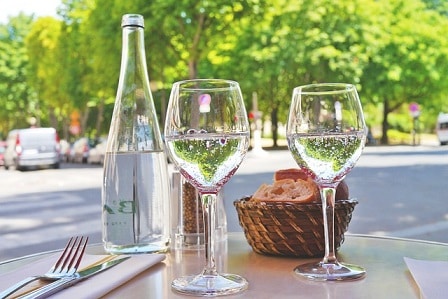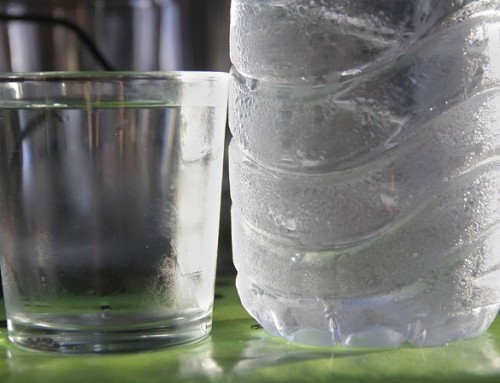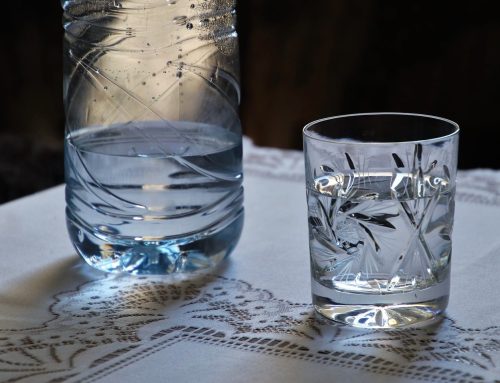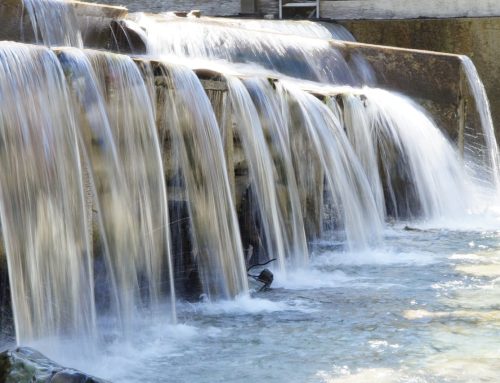 Milk goes off, butter can go rancid, meat goes off, and so do most fresh products, so wondering whether water can go off is not such a strange thing to do. The answer of course is yes, water can go off.
Milk goes off, butter can go rancid, meat goes off, and so do most fresh products, so wondering whether water can go off is not such a strange thing to do. The answer of course is yes, water can go off.
Now that more people are taking to living off the grid, and with the projected water shortages coming in the next few decades, more individuals are thinking about storing water for emergencies such as hurricanes and power failures. In rural areas where water is generally obtained from private wells, if there is power to run the pump, this is especially important.
There are actually two ways in which water can go bad:
Storing water in an open container is not a good idea, as can be demonstrated by filling a bucket with tap water and leaving it out on veranda for several days. You will notice that after about a week the bucket will contain not only water but also algae, mosquito larvae, and various other life forms. Storing water in an open container therefore is not a good idea unless you have a plan to purify it before drinking. Storing water in a closed container is no better though if the container that you utilise is contaminated way with algae or bacteria.
If you want to store water, you will need to use a clean container filled with only pure water, and process it in some way to eliminate bacterial contamination. This can be done by using heat or a pour in some disinfectant or a chemical like chlorine or iodine and leave for a few days.
Another way in which water can go off is when something toxic leaches out of the container into the water. Do not use a lead container for instance as the lead would leach into the water and poison it. Make sure that the water container you use is made from a food grade material in order to avoid leaching problems; this includes glass, stainless steel and certain food grade plastics.
Rent water cooler and purchase water cooler in London. Get a water cooler from Living-Water Ltd.





